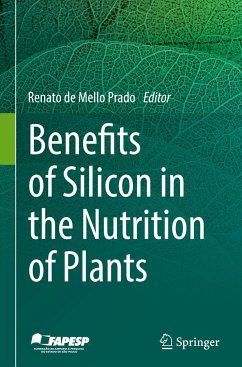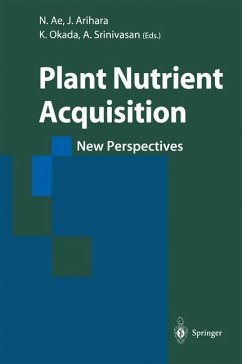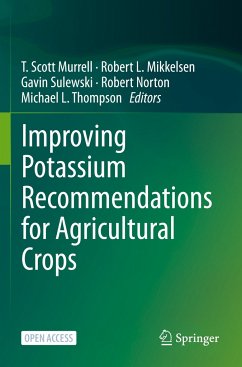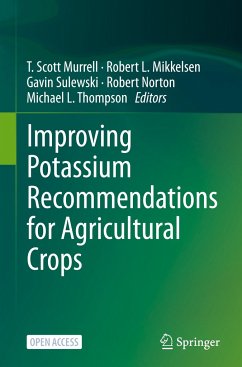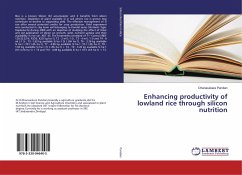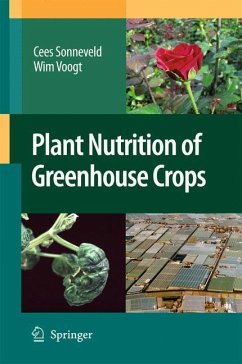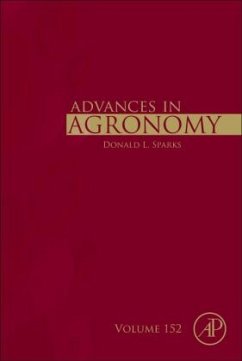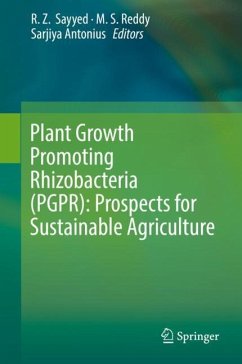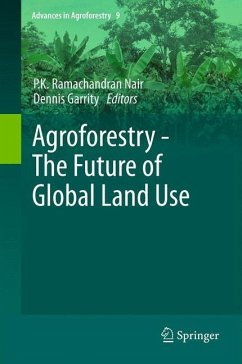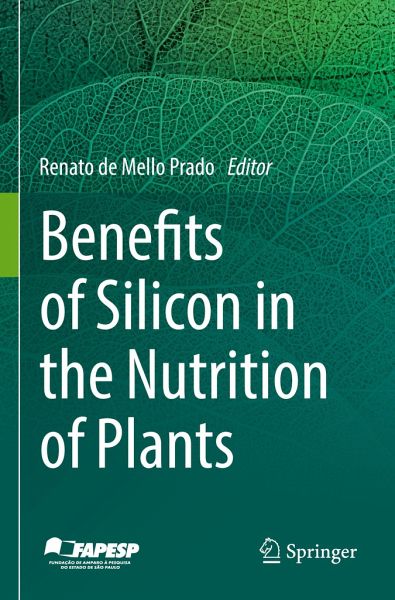
Benefits of Silicon in the Nutrition of Plants
Versandkostenfrei!
Versandfertig in 6-10 Tagen
136,99 €
inkl. MwSt.

PAYBACK Punkte
68 °P sammeln!
This book aims to describe the role of silicon in the environment from the biogeochemical cycle of terrestrial ecosystems, uptake to cellular and tissue bioaccumulation and its effects in mitigating abiotic and biotic stresses. From an agronomic point of view, this knowledge is essential to boost agricultural production and improve its quality and the sustainability of crops in the face of the growing pressure of different stresses on crop systems of different natures. Si is the only multi-stress mitigator in plant nutrition. It plays an important role in mitigating nutritional deficiency by i...
This book aims to describe the role of silicon in the environment from the biogeochemical cycle of terrestrial ecosystems, uptake to cellular and tissue bioaccumulation and its effects in mitigating abiotic and biotic stresses. From an agronomic point of view, this knowledge is essential to boost agricultural production and improve its quality and the sustainability of crops in the face of the growing pressure of different stresses on crop systems of different natures. Si is the only multi-stress mitigator in plant nutrition. It plays an important role in mitigating nutritional deficiency by increasing nutrient use efficiency, something that will be very important in the future: producing more with less nutrient accumulated in the plant. The book focuses on the effects of Si on plant mineral nutrition, exploring nutritional deficiencies and toxicity of Al and potentially toxic heavy metals such as Cd, as well as important stresses such as salinity, water deficit and high temperature. The book will also discuss the Si extractors in the soil and criteria for recommending Si in crops and the sources of the element for its application in soil and leaves, as well as the role of Si in the activity of microorganisms and in plant diseases and pests. São Paulo Research Foundation (FAPESP)(2022/10092-9).



